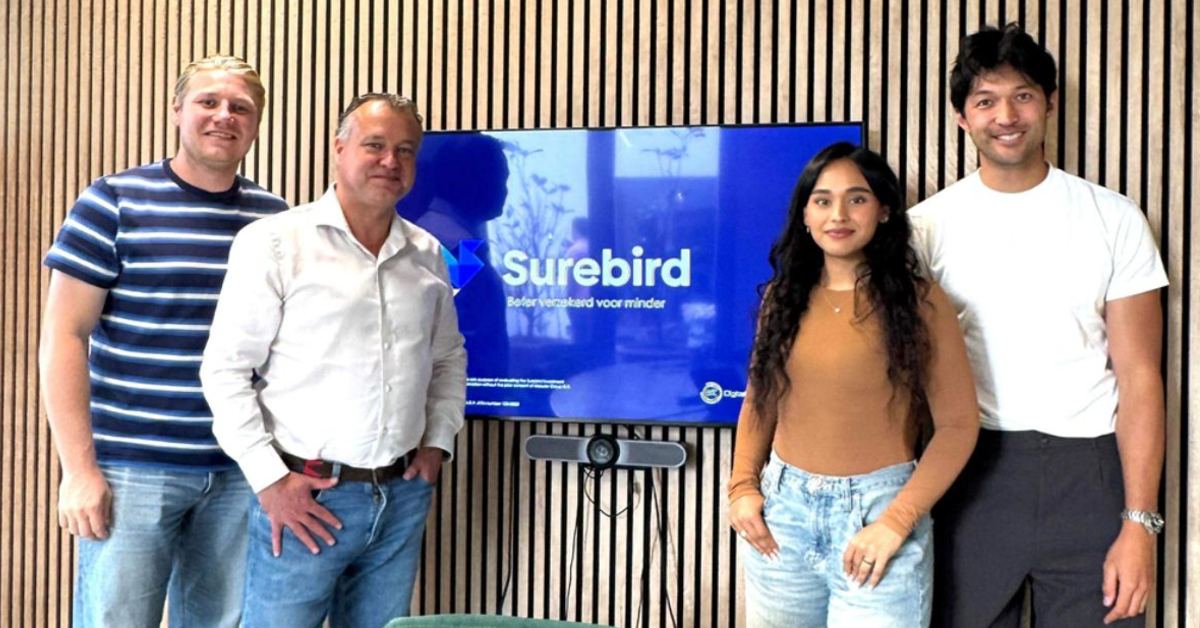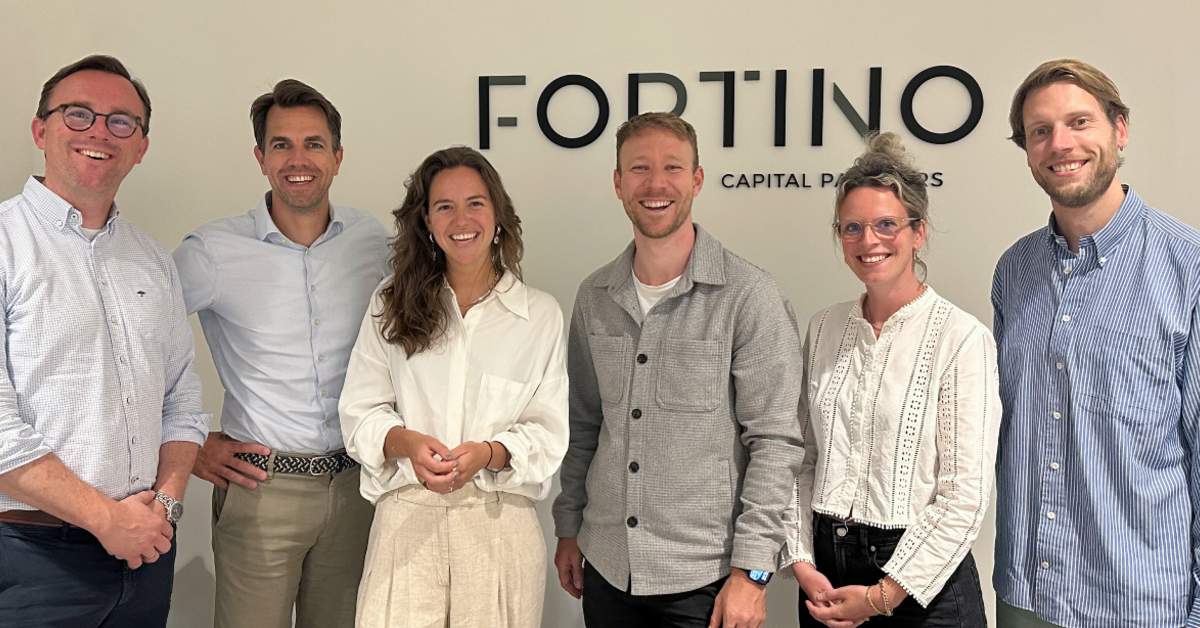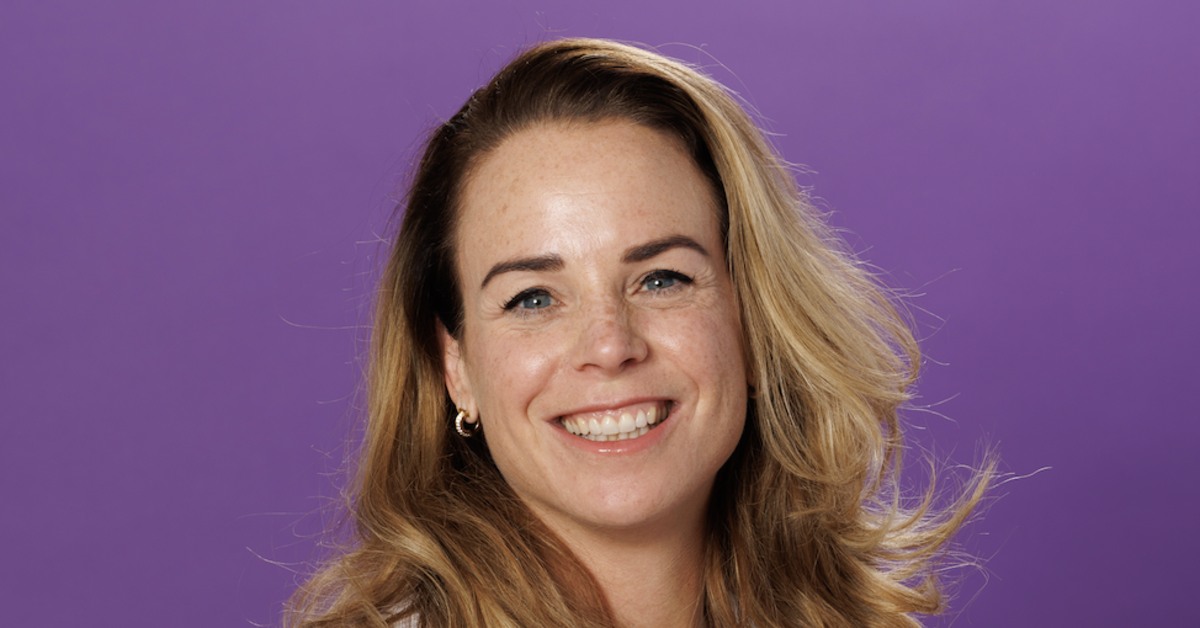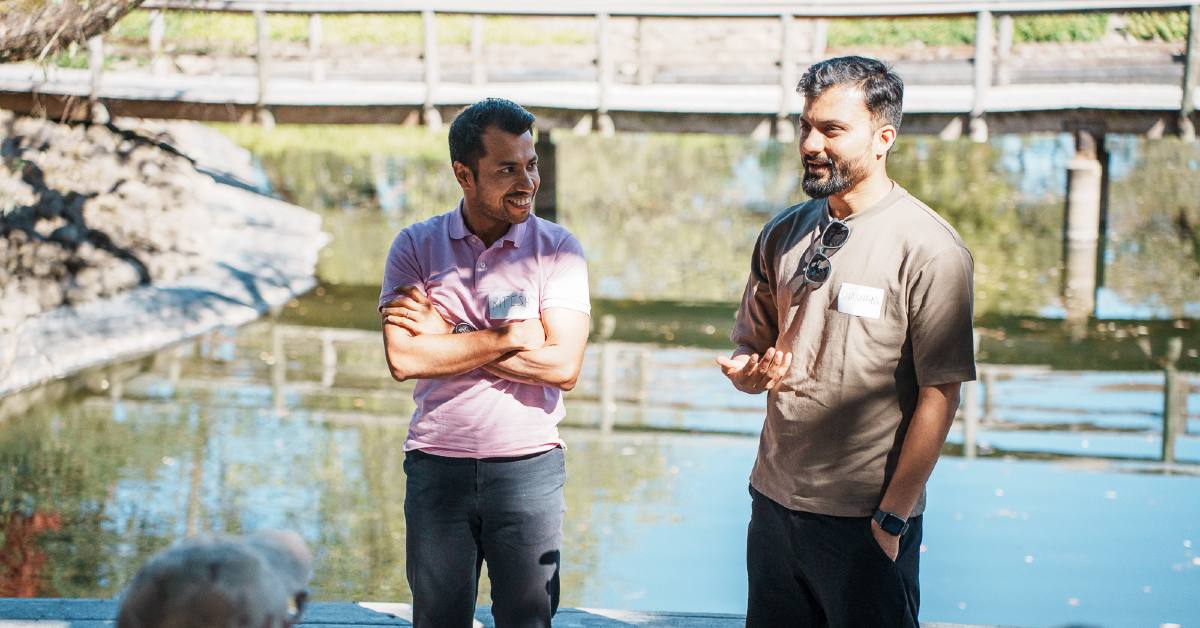As we all know, Silicon Valley is the synonym for tech innovations, but what some of us might not know is — Stockholm is the closest second! Surprised?! Well, the Swedish capital boasts the highest number of unicorns (seven) per capita of any city outside of Silicon Valley.
Notably, Stockholm is now known as Europe’s unicorn factory. Some of the most famous companies like Spotify, King, Klarna, iZettle and more have originated from Sweden.
Stockholm has built a reputation of a real Silicon Valley rival, and who would know it better than Pär Hedberg, the founder and CEO of Sting, the longest-established technology accelerator and incubator in Sweden.
Since 1998, Pär Hedberg, a former national freestyle skiing champion, has worked to develop new technology-based export companies in every major sector from financing and production to building up businesses in other countries, primarily Russia. “I love to create and build things, and I’ve been doing that for my whole life.”
Before founding Sting, Pär had worked as CEO in several small and medium-sized technology companies and has experience from the production of electronics, logistics, and as head of quality.
He remembers that the concept of startups didn’t exist back in those days and says, “One day, I decided to put an end to this journey since I was exhausted and fed up of working for large organisations. I wanted to go back to the roots of the company building, and so I started to work with a couple of startups in 1999.”
Sting is unique, and here’s why?
Sting (Stockholm Innovation & Growth) is the longest-established technology accelerator and incubator in Sweden for startups and provides an ecosystem of tools to help them scale quickly, effectively, and sustainably. “We have built a system with several components designed to support entrepreneurs, and to make their journey shorter, and increase the likelihood of success.”
This ecosystem offers various elements under one umbrella, including guiding in business development, an angel network, a venture capital fund, a recruitment service, co-working spaces, an international network of investors, and business contacts and experts. “In most other cities and countries, you have bits and pieces, but we have created all this under one umbrella, which is unique,” he added.
Stockholm: The premier hub in Europe
The startup scene in Stockholm rivals the likes of Berlin, London, and Paris being one of the most significant tech startup hubs in Europe. And the city has a lot to offer.
“The attitude of openness is what makes Sweden one of the best countries. Right from the start, Sweden was very open to external influences, and we prefer to import knowledge and people all the time,” he added.
Hedberg also suggests that branching out the business out of Sweden allows entrepreneurs to break into untapped markets and expand their businesses in ways that aren’t possible within national borders. “If you’re going to build a big company, you must go abroad.”
He also tagged Sweden as the most digitalised society compared to many other countries since the penetration of PC’s (Personal Computers) was way high 25 years back. “At present, 90% of people in Sweden have access to broadband fibre.”
Best Swedish startups, according to Hedberg!
Since its inception, Sting has nurtured 274 tech companies – helping them grow and compete internationally in sectors ranging from AI to healthcare, sustainability to media. “It’s like asking someone, do you have kids? And which one is your favourite?”
However, he revealed that Yubico is one of his absolute favourites. If you are unaware, Yubico, it’s the company behind the increasingly popular YubiKey, the two-factor authentication key. Stina Ehrensvard, along with her husband, founded it in 2007, and it is based in Stockholm and Silicon Valley.
“Currently, they have €100 million revenue, and I would bet they will be the next Swedish unicorn, the first with the female founder in a real deep tech company,” he affirmed .
Furthermore, he also mentioned other innovative companies, including SurfCleaner (cleaning of oil spills in oceans and lakes), Karma (an app to minimise food waste in grocery stores and restaurants), Elsa (a mobile application for pronunciation training and accent reduction using speech recognition).
He also pointed out Sellpy, yet another startup that joined the Sting accelerator back in 2015. The company’s vision is to make it as easy to sell things as it is to buy them. He also hinted about closing a big deal with the company.
“So we’re working with every company across various fields, from satellites to food waste handling to security and more. In-house, we have extremely experienced business coaches that are great assets to the company; and we don’t rely on external promoter mentors.”
Address big problems to become a big company!
When asked from Hedberg, what are the three most important things he looks in a startup? He stated that in this competitive world, it takes something truly unique and big to experience growth and immediate success as a startup.
According to Pär Hedberg, a startup with an aspiration to become a big company should address a more significant problem on an international scale. “If they’re not addressing a big problem, it can never become a big company.”
Secondly, the startup needs to have a balanced team considering its all about teamwork. “It has to be a balanced cap table; it has to be balanced ownership, only that proves it is a successful team.”
Thirdly, the solution to the problem should be innovative, and nobody else should come up with it. He also added, “We also look into the motivational factors among the founders.”
Tech startups are now focussing on relevant societal issues
As stated by Hedberg, numerous startups are emerging across the world that are addressing real societal problems, including water, food, energy, health, and much more. He also appreciated the steps taken towards e-mobility trends to phase-out fossil fuel vehicles.
Rising women co-founders in tech
Talking about women in tech, Hedberg said, “In a typical year, we evaluate and meet around 600 startups, and out of that we select approximately 30 either to accelerator program or to the incubator. Last year around 42% of them included female co-founders, which increased by 60%, when compared to the year before and we would like to have it even higher. ”
Further, he added, “You need to set a powerful role model that can show women, it’s possible to do this through tech, and not just fashion. If you have at least one female founder that has done something spectacular within the tech and built the company, use that person to show to others as an example.”
He also encourages girls to pursue technology degrees and careers. “Because the longer the team is with only men, the more difficult it is to attract women in their interest.”
At the beginning of 2019, Sting alumni companies had collectively received nearly £419 million in private capital, made over £219 million in revenue, and created 2,639 jobs. Further, around 8 Sting companies are publicly listed on the Nasdaq OMX.
Stay tuned to Silicon Canals for more European technology news.
https://siliconcanals.com/news/startups/world-summit-ai-2019-discount/










01
From telecom veteran to Dutch Startup Visa success: The Jignesh Dave story